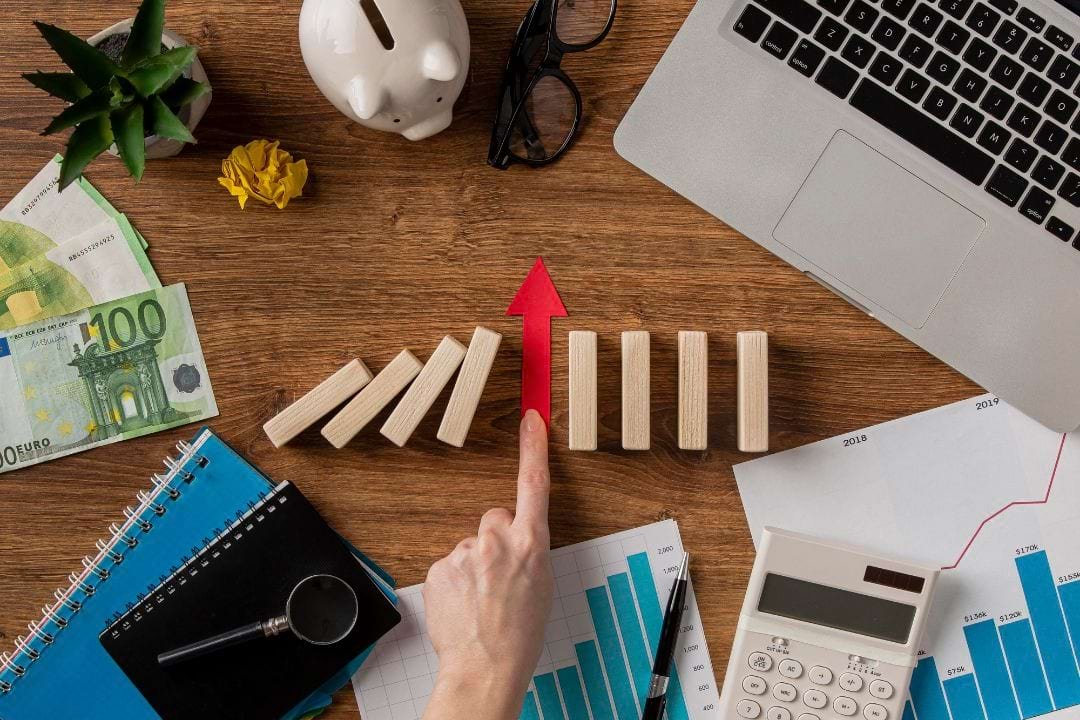The decade 2010 was Germany's. A Jobwunder (employment miracle) that started in the 2000s came to fruition, largely unhindered by the global financial crisis of 2007–2009, as labor reforms implemented by Gerhard Schröder, chancellor from 1998 to 2005, combined with China's demand for manufactured goods and an upswing in emerging markets to add 7m jobs. Germany's economy expanded by 24% from the middle of the 2000s to the end of the 2010s, compared to 22% in Britain and 18% in France. When she served as chancellor from 2005 to 2021, Angela Merkel was praised for her mature leadership. It was thought that populism of the Trump-Brexit sort was a concern for other nations. Commentators who wrote books with titles like "Why the Germans Do It better" were impressed by Germany's social model, which was based on intimate union-employer interactions and its cooperative federalism, which dispersed growth throughout the nation. Even the German football team won the World Cup.
Beyond merely the national football team's struggles, the 2020s are shaping up to be extremely different. The far-right populist party Alternative für Deutschland is now polling at 20%. Germans are dissatisfied with their leadership. Most concerningly, Germany's celebrated economic system and government appear unable to deliver the expansion and public services that the population has come to anticipate.

